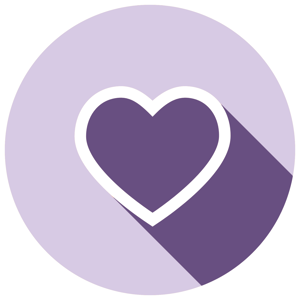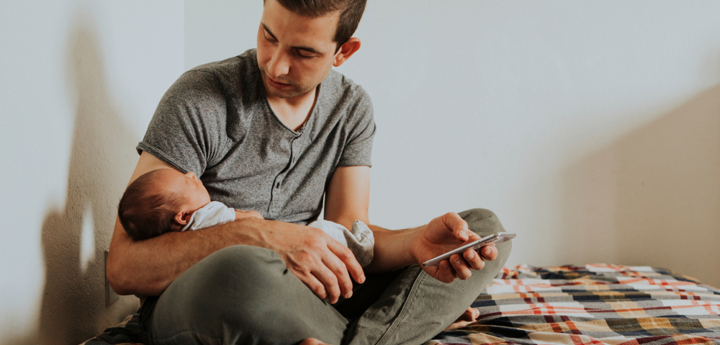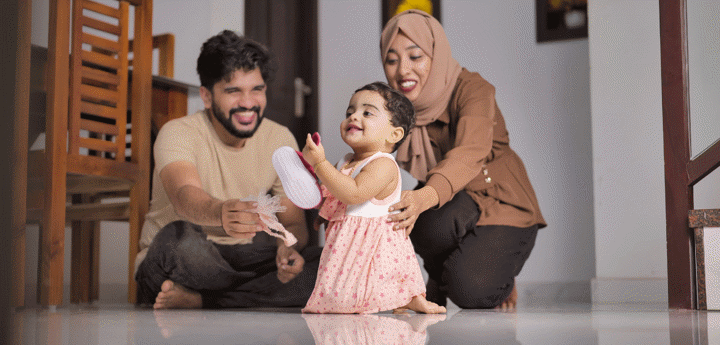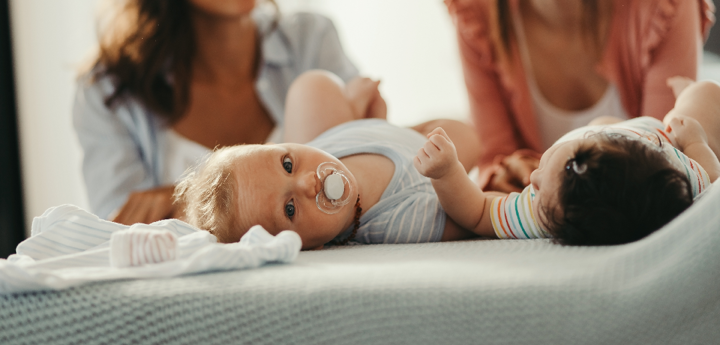9 month developmental milestones
- 0-1 Years
- Child development and growing up
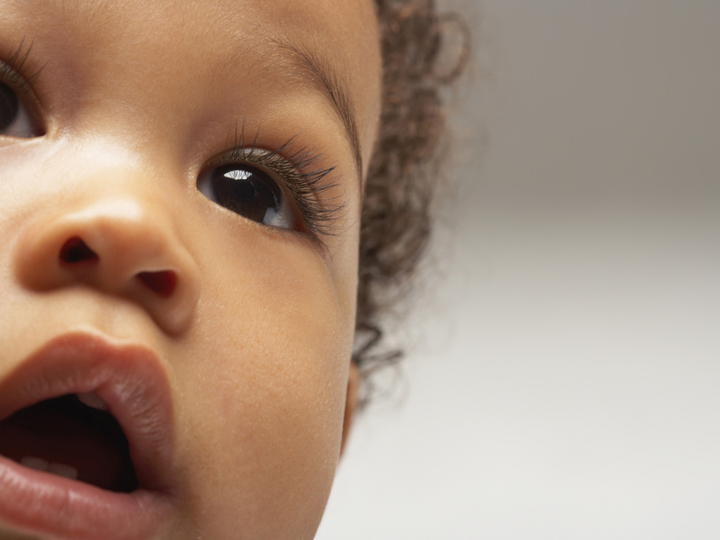
There are some key physical and communication milestones you will expect your 9 month old to reach. These milestones should be treated as a rough guide, as each child is unique and will develop at their own pace. It is often unhelpful to compare a baby to other babies or their siblings.
Explore the topics on this page:
Last reviewed: 1 November, 2024


